Food is not Good or Bad
First, I would like to say that food is not “good” or “bad”. People with diabetes need to be aware if a certain food raises their blood sugar. Blood sugar response can vary from person to person.
Perhaps unsurprisingly, watermelon is 92% water. However, watermelon is also a source of carbohydrates. According to the USDA food database, it has the following amounts of carbohydrates per serving.
Amounts of Carbohydrate per serving
1 cup diced ~ 12 grams
1 wedge (1/16 of a melon) has 22 grams
1 melon (15″ long x 7.5″ in diameter) has 341 grams (1)
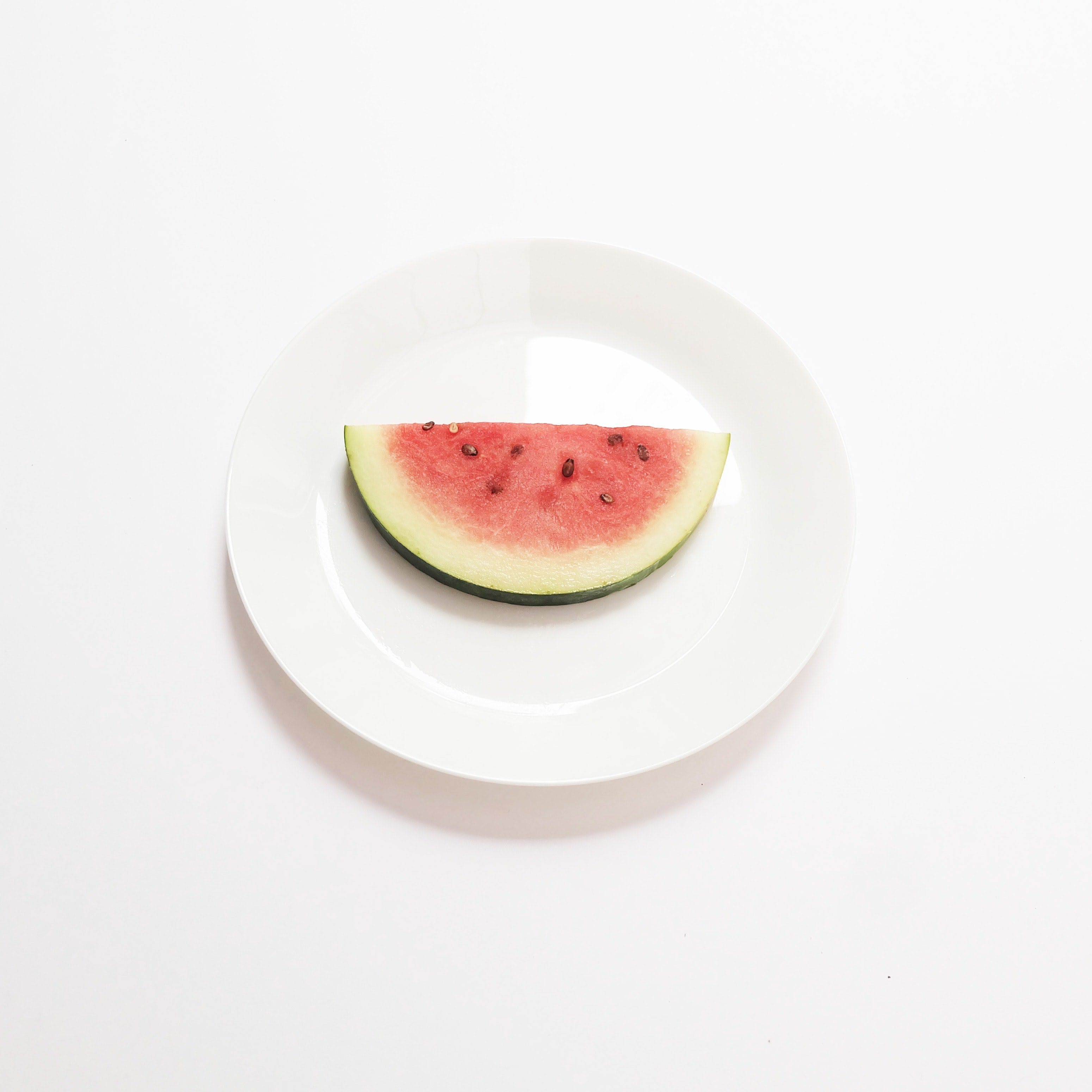
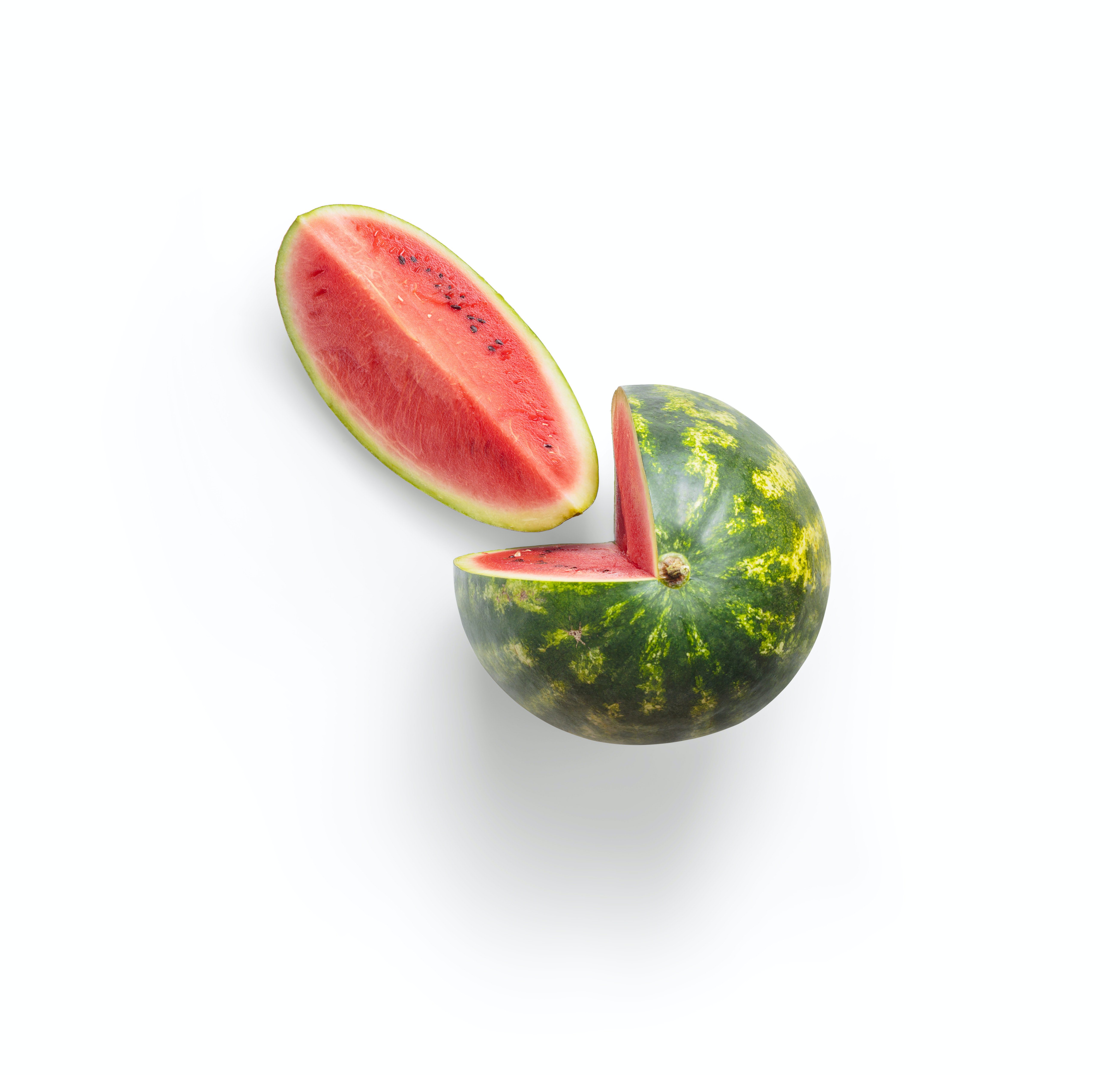
What about Vitamins and Minerals?
Watermelon is a good source of vitamin A and vitamin C. 1 cup of watermelon provides about 18% of your daily needs for vitamin A and 21% of your daily needs for vitamin C. Watermelon also has small amounts of minerals such as magnesium and potassium. Watermelon is a bright red color because it is a rich source of antioxidants such as beta-carotene and lycopene. (2)
Does Watermelon Affect Blood Sugar Levels?
The short answer: Yes, absolutely!
The long answer: It depends.
I find the terms, “glycemic index” and “glycemic load” to be interesting only from a research or science perspective. Glycemic index refers to how fast 50 grams of carbohydrate from a particular food turns into blood sugar. Glycemic load takes into account how much of that food you are eating.
These numbers have very little value in the real world. For example, the glycemic index of watermelon is about the same as it is for lifesavers ~ 70. If we look at the carbohydrate content in 1 cup of watermelon the equivalent amount in lifesavers would be about 4 lifesavers.
Both of these foods have a moderate to low glycemic load about 7-10. This means that a typical serving of this food doesn’t raise your blood sugar. In the case of watermelon, this is because it is 92% water.(3)
However, practically, MOST people, myself included, can’t resist having 2 to 3 wedges (or more!) of watermelon on a hot summer’s day. Regardless of the glycemic index or load, your blood sugar will go up if you eat a good helping of watermelon just as it would if you ate a pack of lifesavers.(4)
The best way to measure how your body responds to watermelon is to test your blood sugar. Your body may respond differently to someone else’s or you may be taking medication to help control your blood sugar. I highly recommend a trial of a continuous glucose monitor to better understand how your body responds to food.
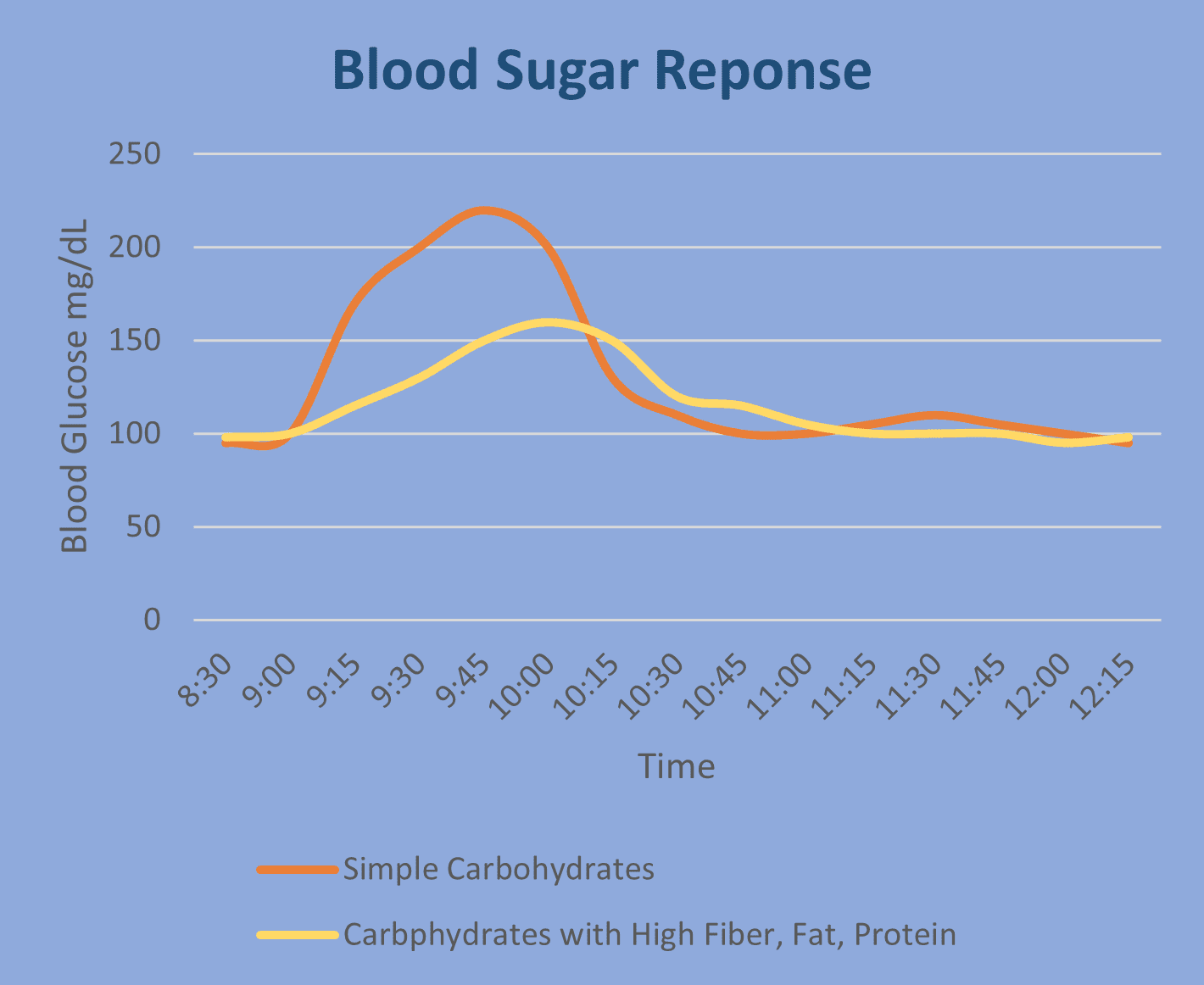
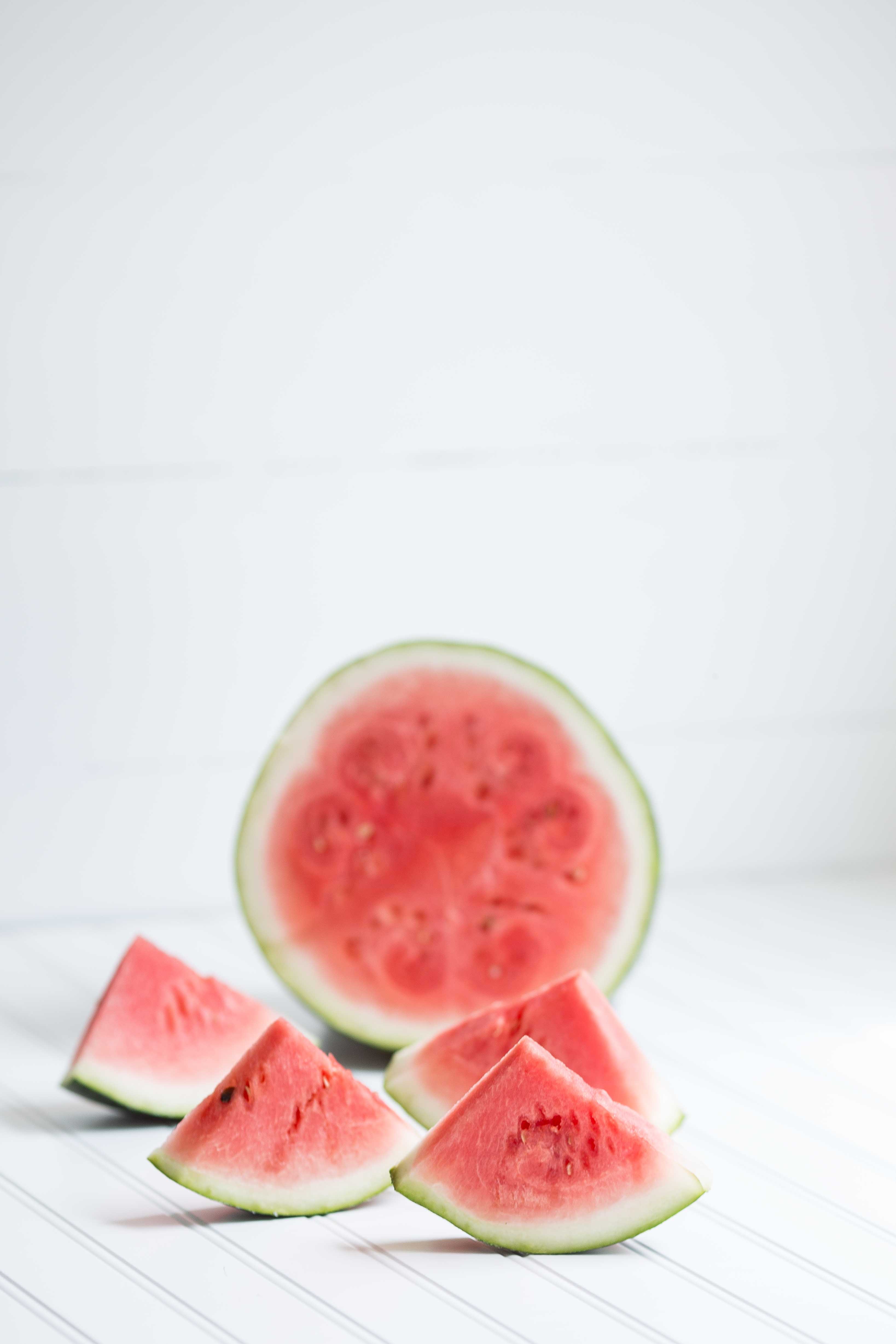
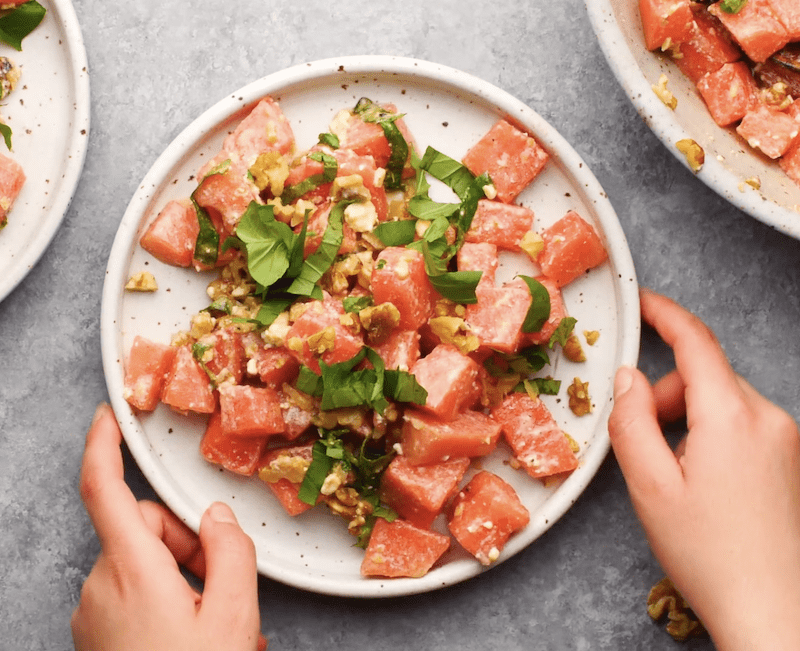
How to Include Watermelon In Your Diet If You Have Diabetes
People with diabetes know that many foods can cause their blood sugar to rise. This doesn’t mean you need to avoid those foods completely. Here are a couple of ways to enjoy watermelon and keep blood sugars under control.
- Add fat and protein to the dish. Adding walnuts and feta cheese to a watermelon salad can be a great way to slow down the absorption of the sugar in the fruit. Here is a great recipe from walnuts.org https://walnuts.org/recipe/watermelon-feta-and-walnut-salad/
- A second way to enjoy watermelon is as a pre-workout snack or as a refreshing post-workout snack.
In Summary: Is Watermelon Good or Bad for Diabetes?
Watermelon is a fruit that is a good source of vitamin C, vitamin A, and antioxidants. These nutrients can help fight against the inflammatory nature of diabetes. However, watermelon is a source of quickly digestible carbohydrates and should be eaten in moderation. Talk with your doctor or registered dietitian for more help with the appropriate portion size for your situation
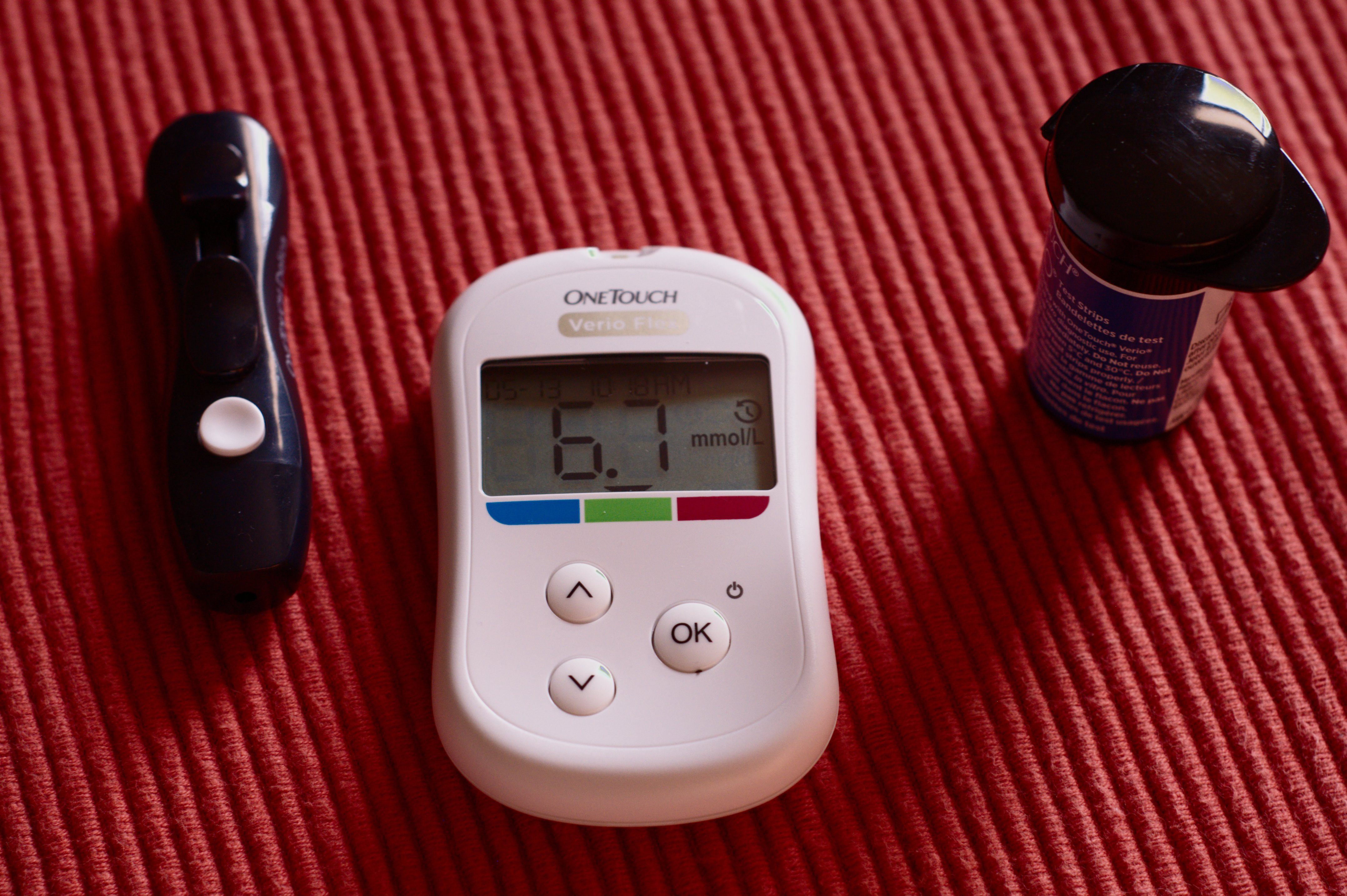
References
- Fooddata Central Search Results Watermelon, Raw. FoodData Central. (n.d.). Retrieved February 12, 2023, from https://fdc.nal.usda.gov/fdc-app.html#/food-details/167765/nutrients
- Naz, A., Butt, M. S., Sultan, M. T., Qayyum, M. M. N., & Niaz, R. S. (2014, June 3). Watermelon lycopene and allied health claims. EXCLI journal. Retrieved February 12, 2023, from https://www.ncbi.nlm.nih.gov/pmc/articles/PMC4464475/
- The University of Sydney. (n.d.). Glycemic Index Research. Glycemic Index Research and GI News-Candy. Retrieved February 12, 2023, from https://glycemicindex.com/gi-search/?food_name=candy&product_category=&country=&gi=&gi_filter=&serving_size_%28g%29=&serving_size_%28g%29_filter=&carbs_per_serve_%28g%29=&carbs_per_serve_%28g%29_filter=&gl=&gl_filter=
- Glycemic load. Glycemic Load – an overview | ScienceDirect Topics. (n.d.). Retrieved February 12, 2023, from https://www.sciencedirect.com/topics/medicine-and-dentistry/glycemic-load

Recent Comments